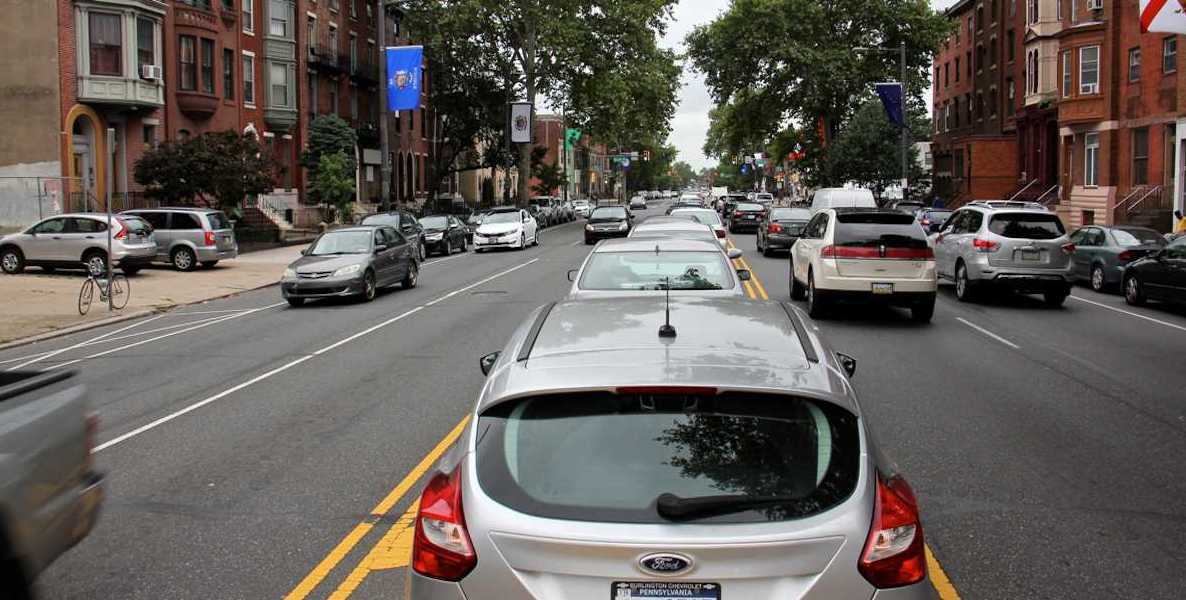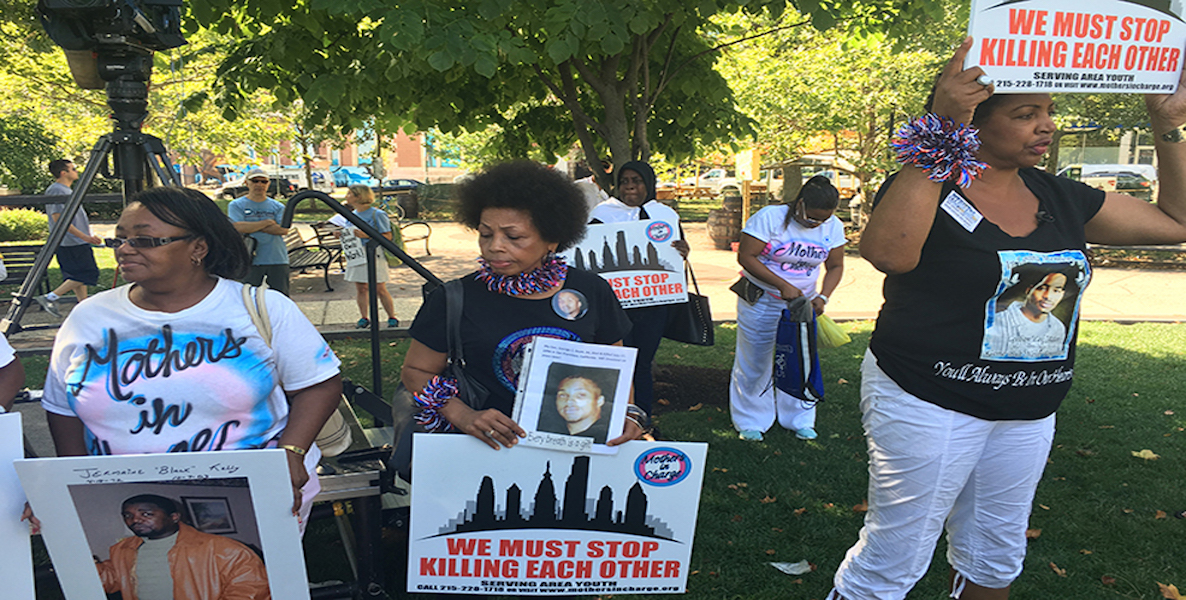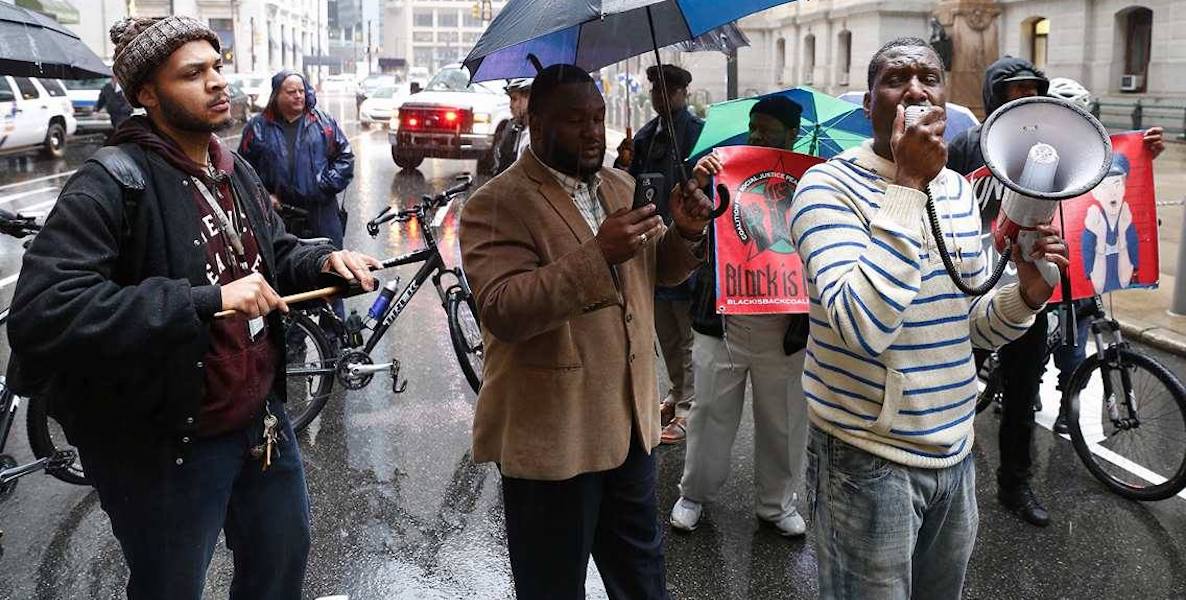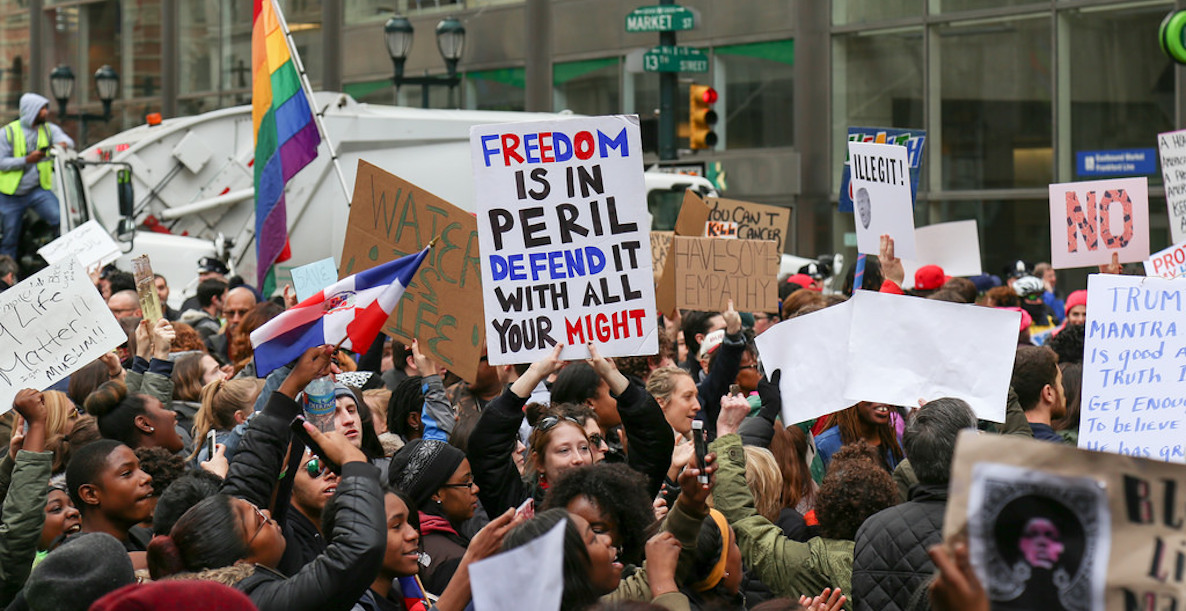Like each of us, cities earn their nicknames and, like each of us, cities may long for another nickname when saddled with a less-than-favorable one. In a city with a mayor who just released a two-decade plan to be litter-free, Philadelphia may wish to be “The City That Works” but is still, mournfully, “Philthydelphia.” If it is to work, Philadelphia cannot be a city of the little fix because when the fix is in for some, the rest of us are left in a city that can never live up to its potential.
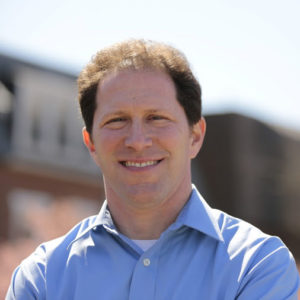
Two fundamental ways Philadelphia simply doesn’t work today have emerged as flash points. One is race-based and one that is place-based.
Because of city government action and inaction, there exist different sets of rules in Philadelphia for different races and different places. Because of the choices made by the men and women who run our city, some people and some neighborhoods are treated differently than others.
Some Philadelphians may fear for their lives when interacting with law-enforcement officials. Some Philadelphians may be shut out of employment opportunities when seeking to join the workforce building tomorrow’s Philadelphia. Some Philadelphia neighborhoods are clean while others are not. Some Philadelphia neighborhoods benefit from rational law and code enforcement while others endure look-the-other-way oversight that endangers lives and stunts rational development.
In recent weeks, activists with the organization Black Lives Matter have confronted elected officials to demand justice for a black man who was shot in the back and killed by a Philadelphia police officer. Their impolite but important disruptions have called attention to the fact that too many Philadelphia citizens believe their lives are of no consequence to others.
If the place-based rabble rousers and race-based provocateurs recognize that they are fighting the same fight—trying to create a city with one set or rules—they could create a movement to make real and lasting progress.
Activists with the organization 5th Square support urbanist and sustainable transportation, land-use, and public-space policies. They have specifically led a charge to rationalize the city’s response to illegal parking in the median of South Broad Street. Their impolitic but imperative actions have highlighted the fact that the rules of our city are applied differently in different areas, demonstrating that some neighborhoods are valued while others fester and that some neighbors are able to cut corners and break the rules while others are punished for a single step out of line.
Here’s what both groups should understand: they are waging the same war.
If the place-based rabble rousers and race-based provocateurs recognize that they are fighting the same fight — trying to create a city with one set or rules — they could create a movement to make real and lasting progress.
Why are some Philadelphians shut out of jobs with building-trades unions? Why are some Philadelphians more likely to fear encounters with law-enforcement officials? Because Philadelphia politicians have not acted to make real change.
Stories on this subjectRead More
In 2018, Philadelphia will elect state legislators as well as the Committee People who serve as local political party representatives. In 2019, Philadelphia will elect city council members and a mayor. If the place-based activists and race-based activists can mobilize behind a platform of creating a city with one set of rules that actually works for all of its citizens and all of its neighborhoods, Philadelphia could be fundamentally transformed.
I’m happy to host the gathering and to buy the first round to get the conversation going. Let’s just make sure to talk about a better city nickname for when we remake Philadelphia into the city we know it should be.
Brett Mandel is former executive director of Philadelphia Forward, a nonprofit that encourages civic engagement and advocates for smarter uses of public money. He ran for City Controller in 2013.
Header Photo: Flickr



